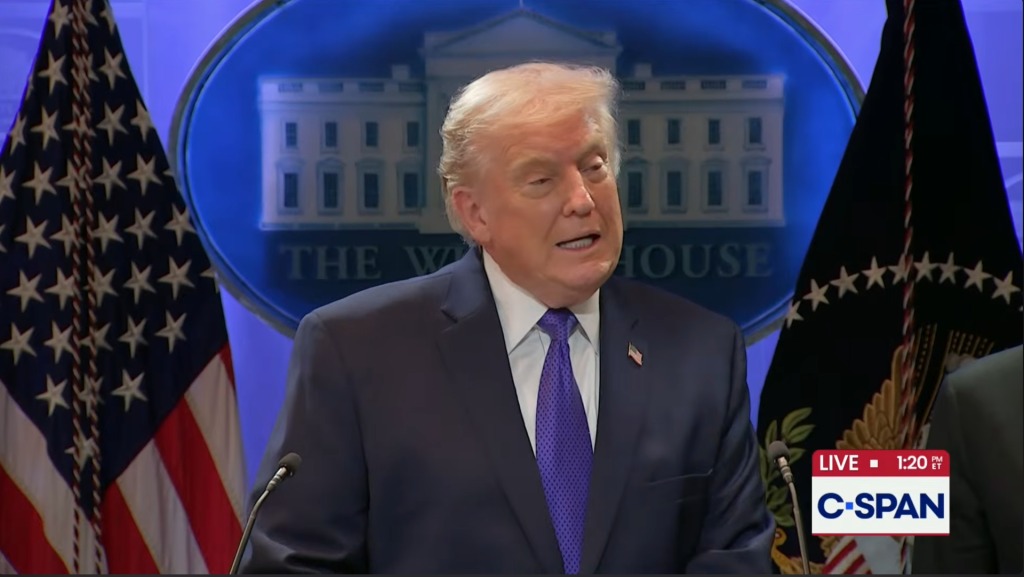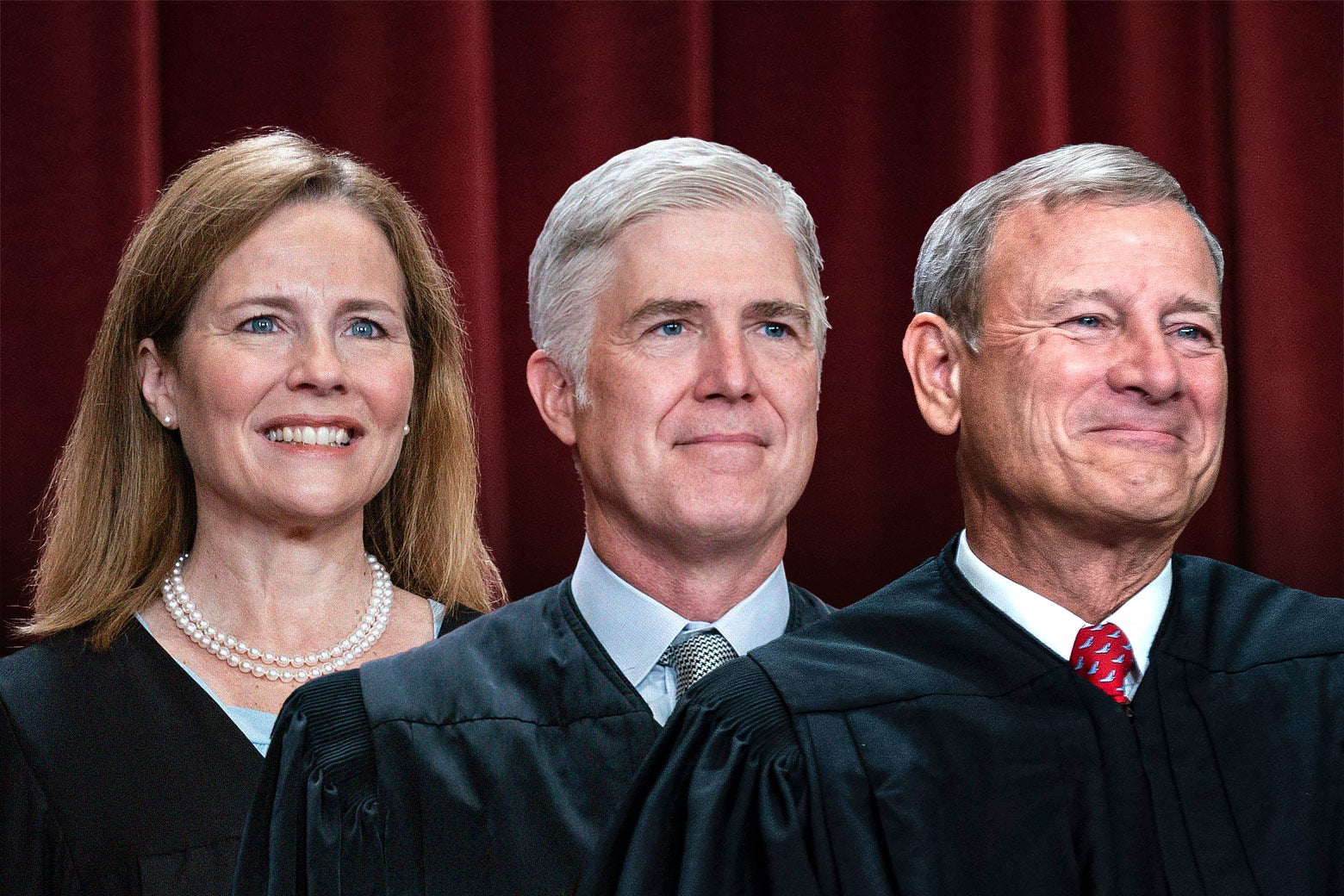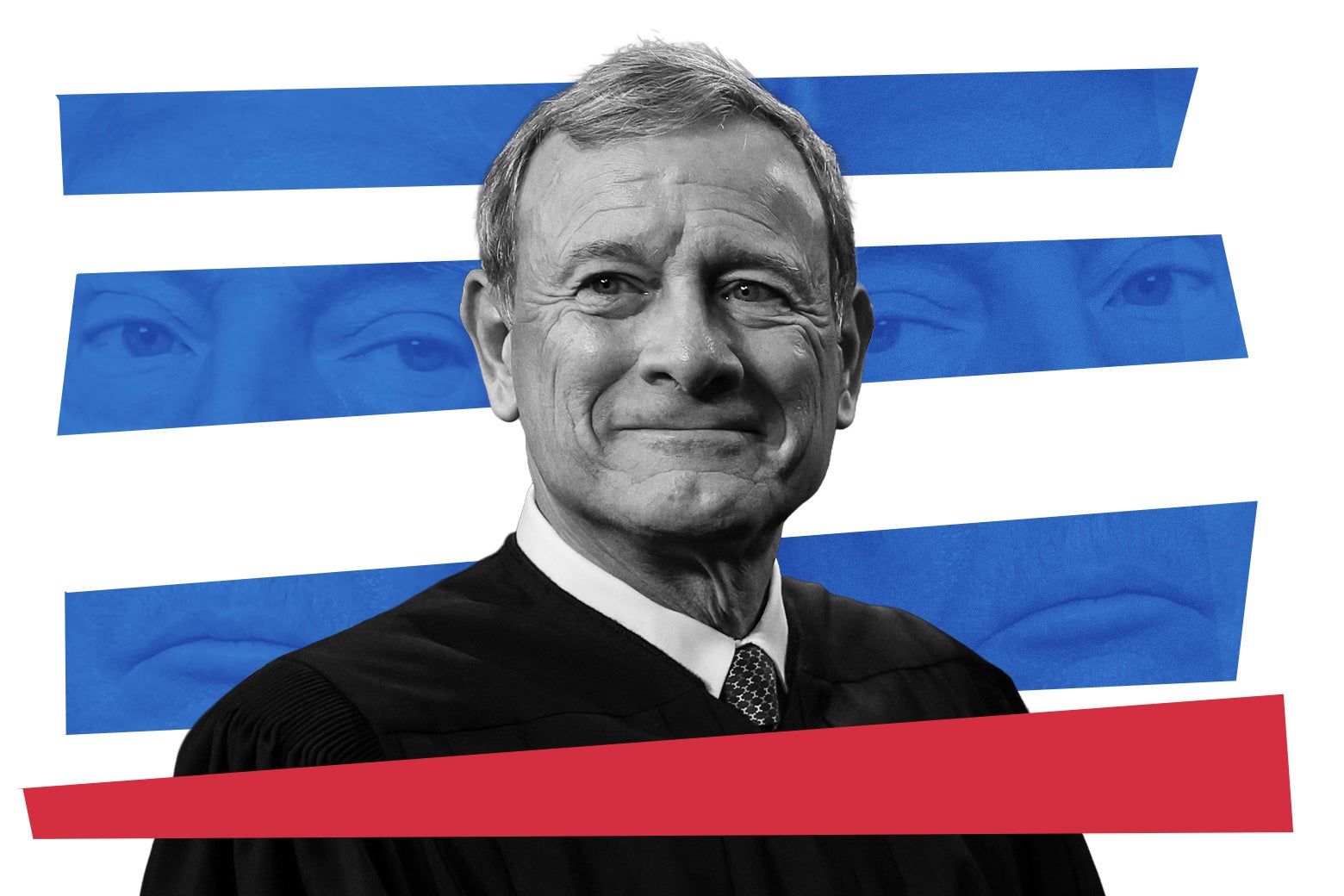fromSlate Magazine
16 hours agoThe Catholic Bishops' Supreme Court Brief Is a Searing Moral Rebuke to Donald Trump
The conference's opposition to stripping folks of birthright citizenship "is motivated by their firmly held belief that each person is endowed by God with an inherent dignity that confers certain universal, inviolable, and inalienable rights."
US politics




























